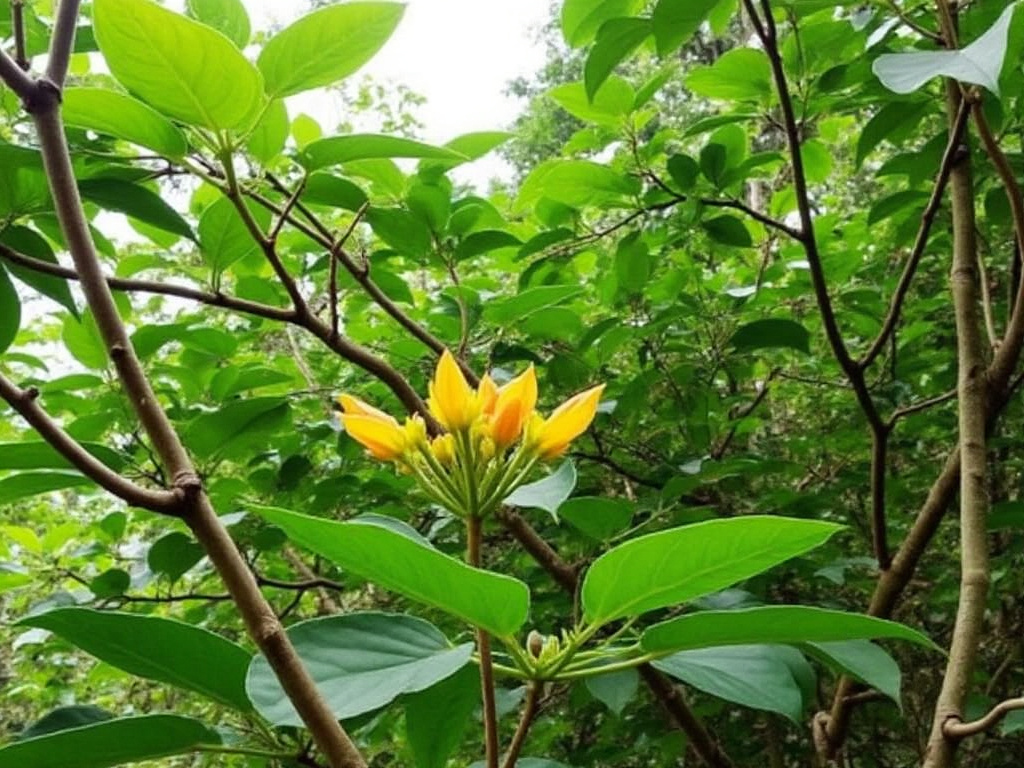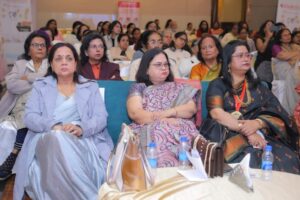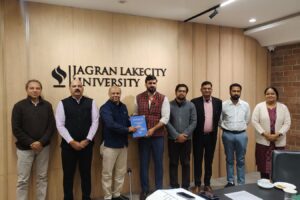In a significant stride towards holistic healthcare, Nagaland has identified over 1,500 medicinal plants, as revealed by Dr. T Bendangtula, Deputy Director of AYUSH, during a press conference in Kohima on October 22. This development showcases the state’s rich biodiversity and its integration into the healthcare system through the AYUSH framework, which includes Ayurveda, Yoga and Naturopathy, Unani, Siddha, Sowa Rigpa, and Homeopathy.
Dr. Bendangtula, alongside Dr. Vilas Gangurde from the Regional Ayurveda Research Centre, Dimapur, highlighted the expansion of AYUSH services across Nagaland. The state now boasts 142 AYUSH doctors working in various healthcare facilities, complemented by three Integrated AYUSH Hospitals and 49 Health and Wellness Centres. These facilities not only provide treatment but also promote wellness programs, addressing the growing concern of non-communicable diseases linked to modern lifestyles.
The Deputy Director emphasized the documentation efforts under the National Bio Resource Mission, which has cataloged 650 species of medicinal plants, with ongoing projects to increase this number. She advocated for small-scale kitchen gardens to encourage the cultivation of these plants, promoting self-sufficiency in herbal medicine.
Despite the progress, Dr. Bendangtula pointed out the absence of a local manufacturing unit for herbal medicines, expressing optimism for future developments under the State Medicinal Plant Board. She also called for interdepartmental collaboration to regulate the trade of medicinal plants sustainably.
The integration of traditional knowledge with formal education was marked by the certification of traditional health practitioners by Northeast Christian University, aligning with Quality Council of India standards. This aims at preserving traditional healing practices while curbing unauthorized activities.
The increased public interest in AYUSH treatments post-COVID was noted, encouraging further utilization of these healthcare resources across the state.











Add Comment